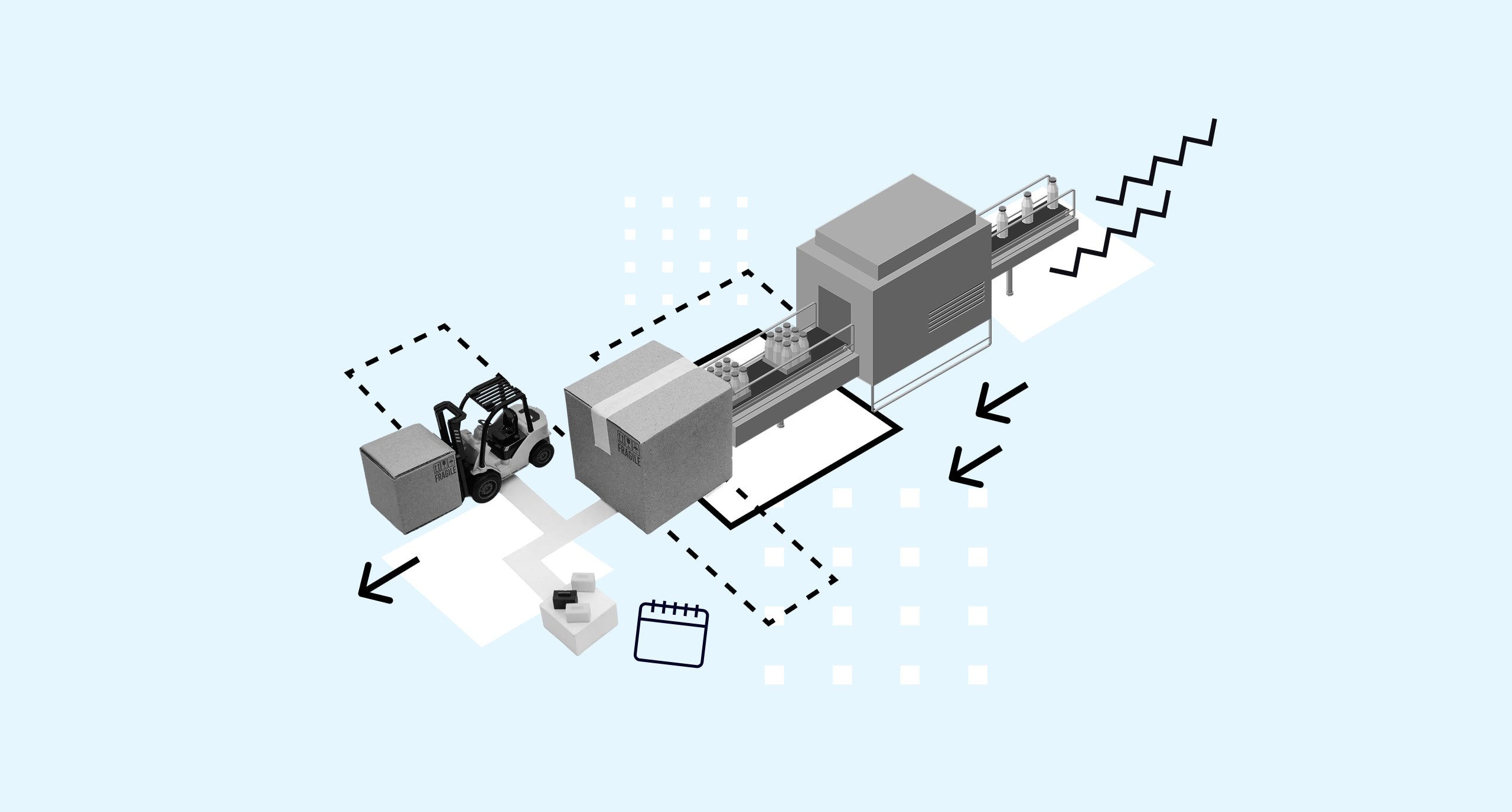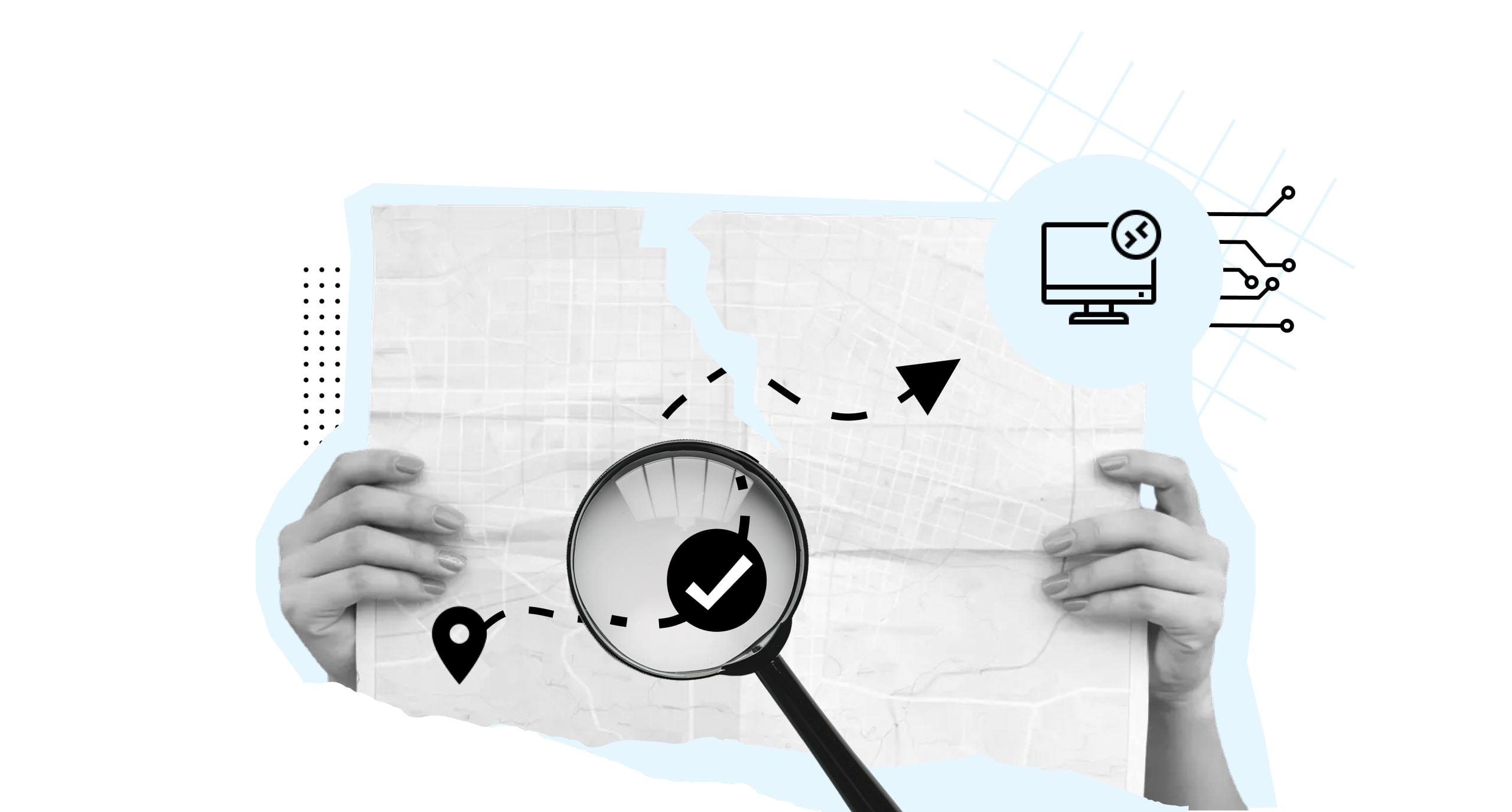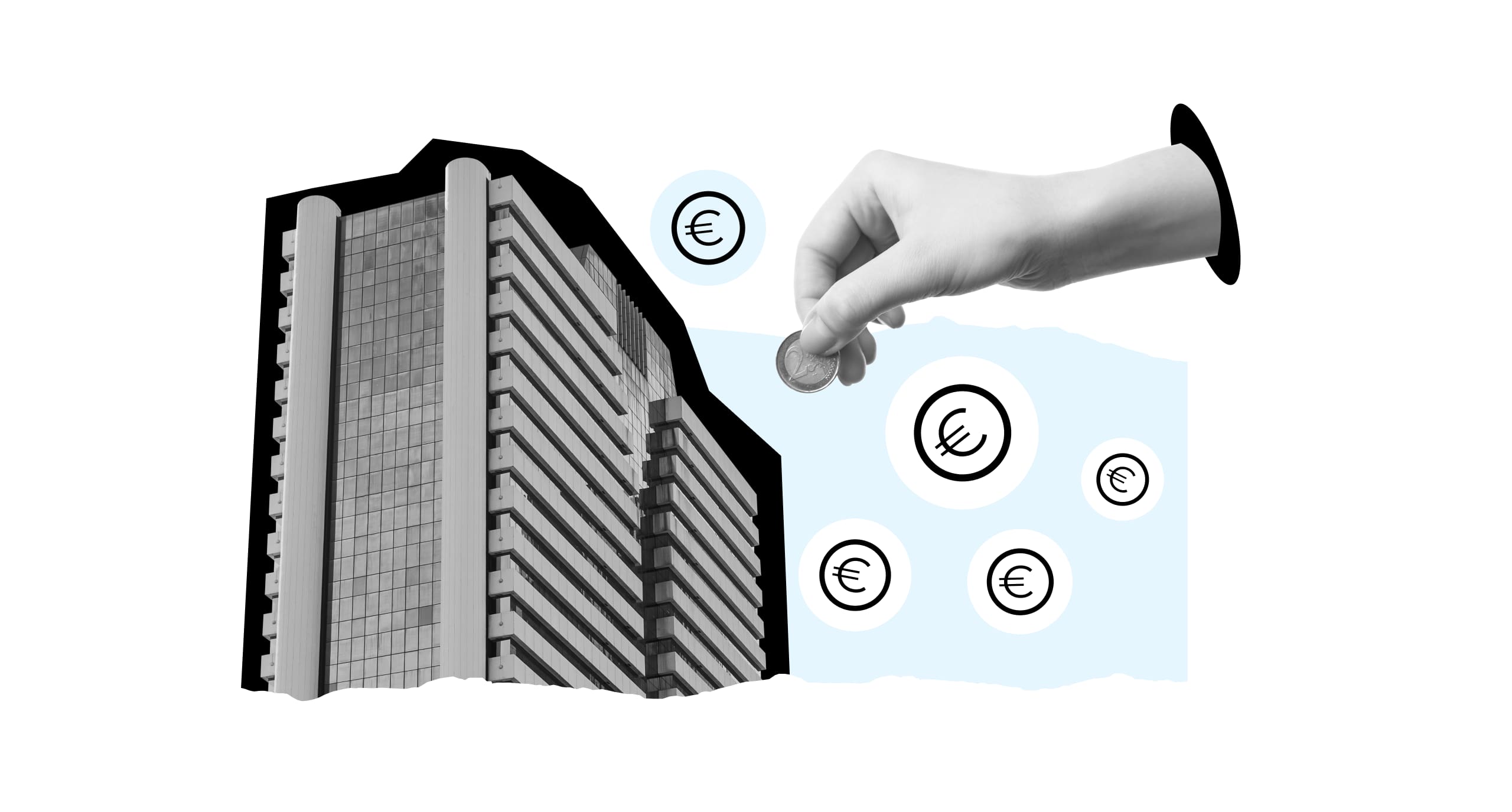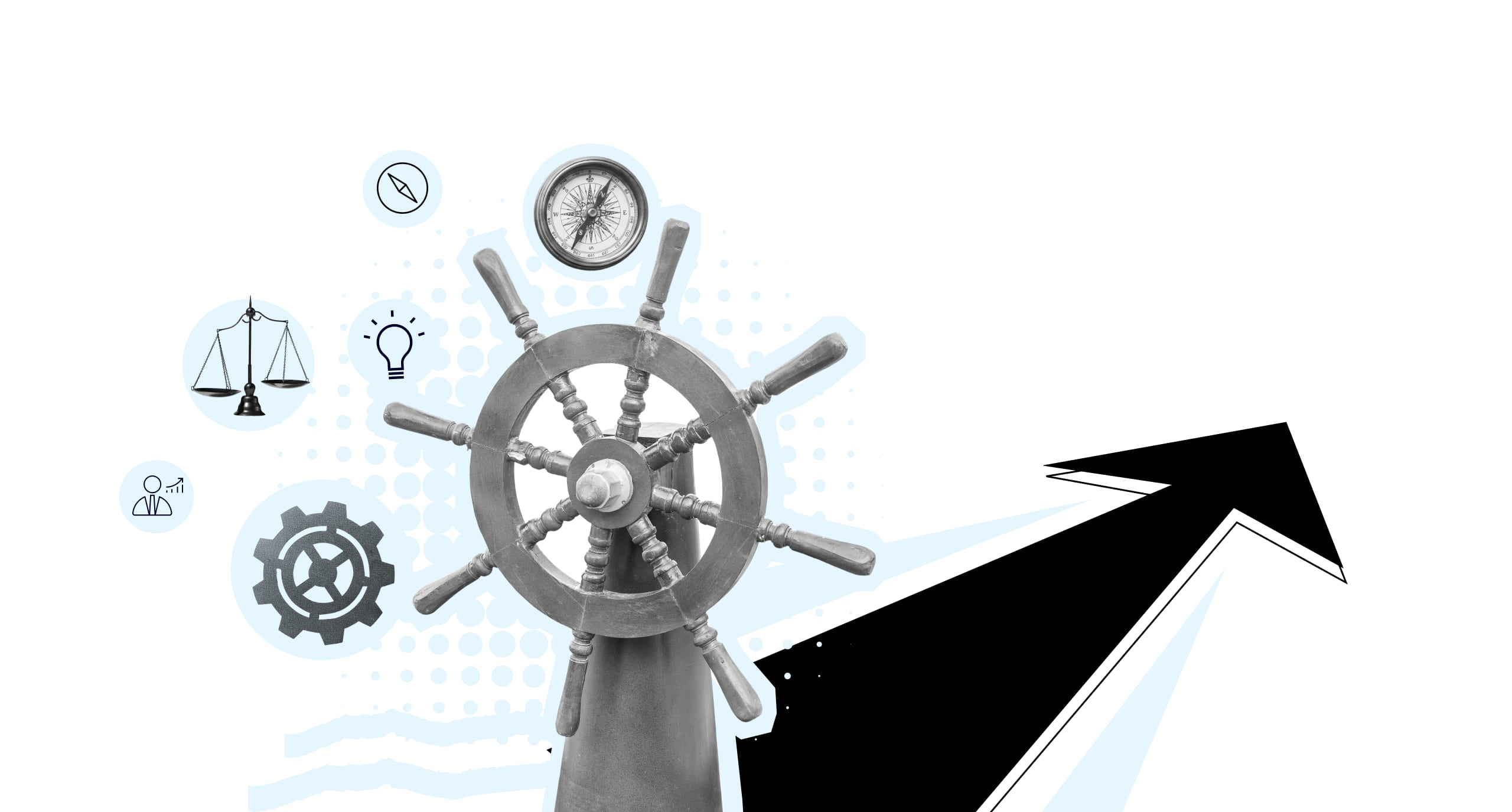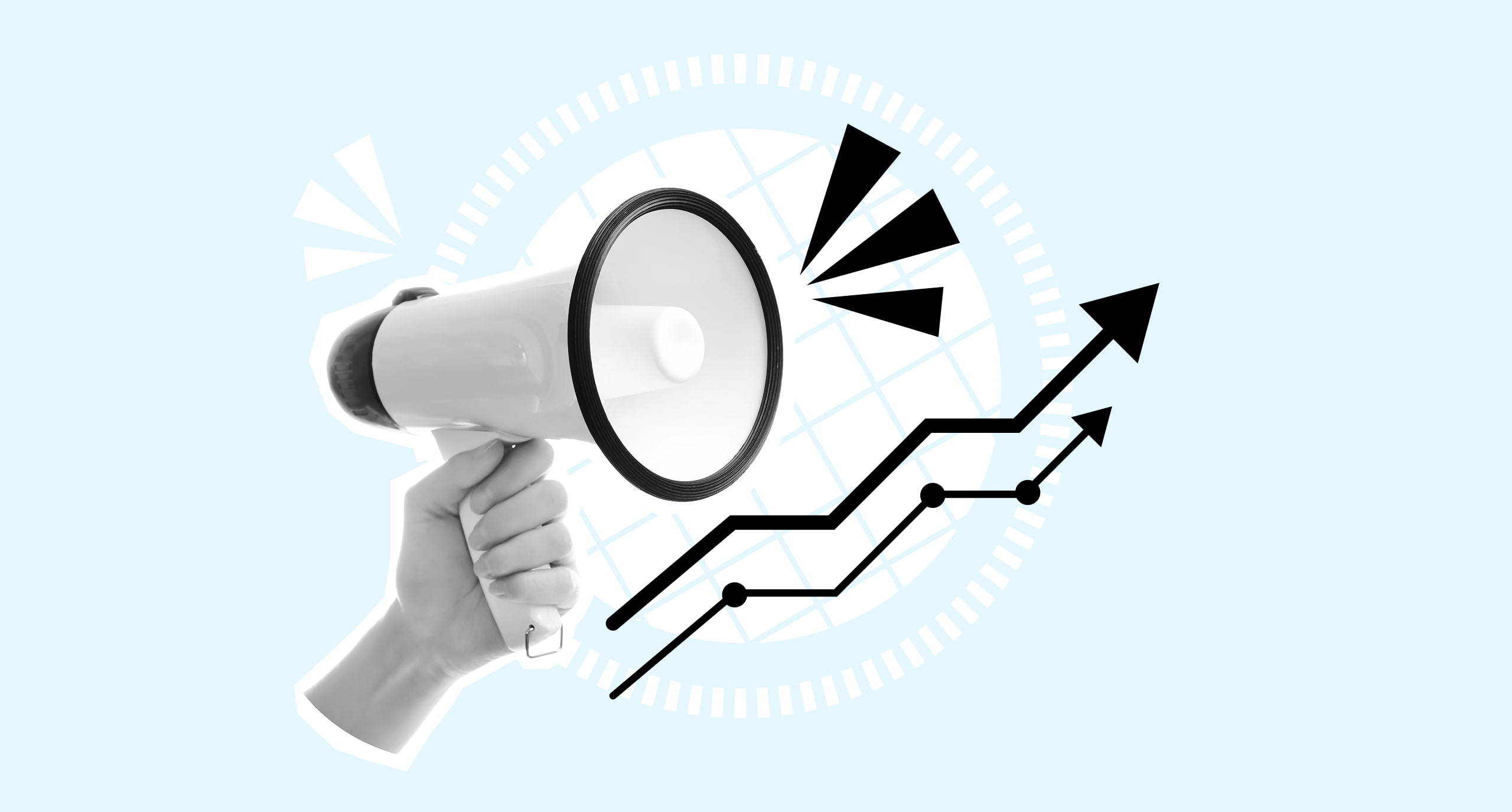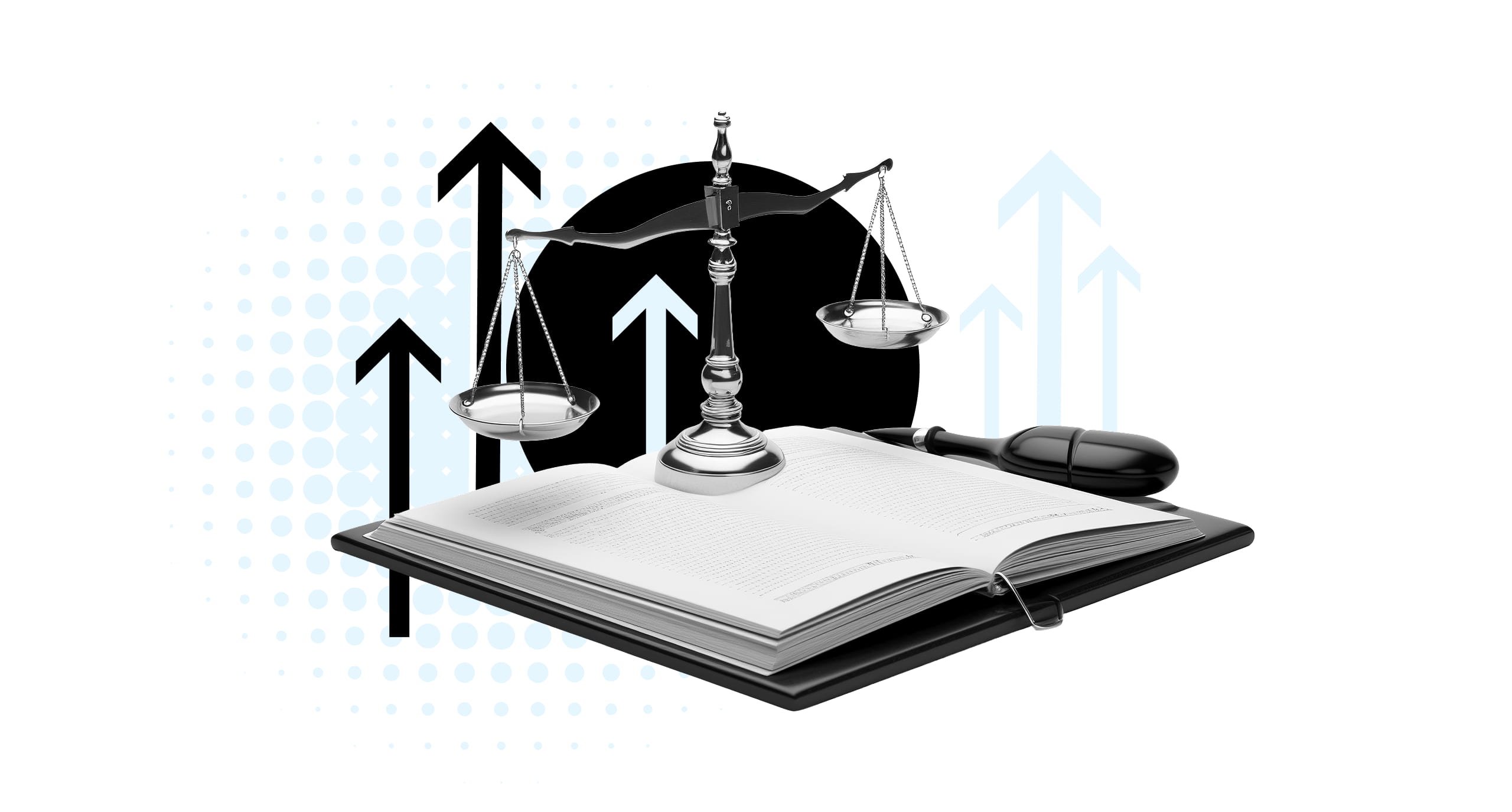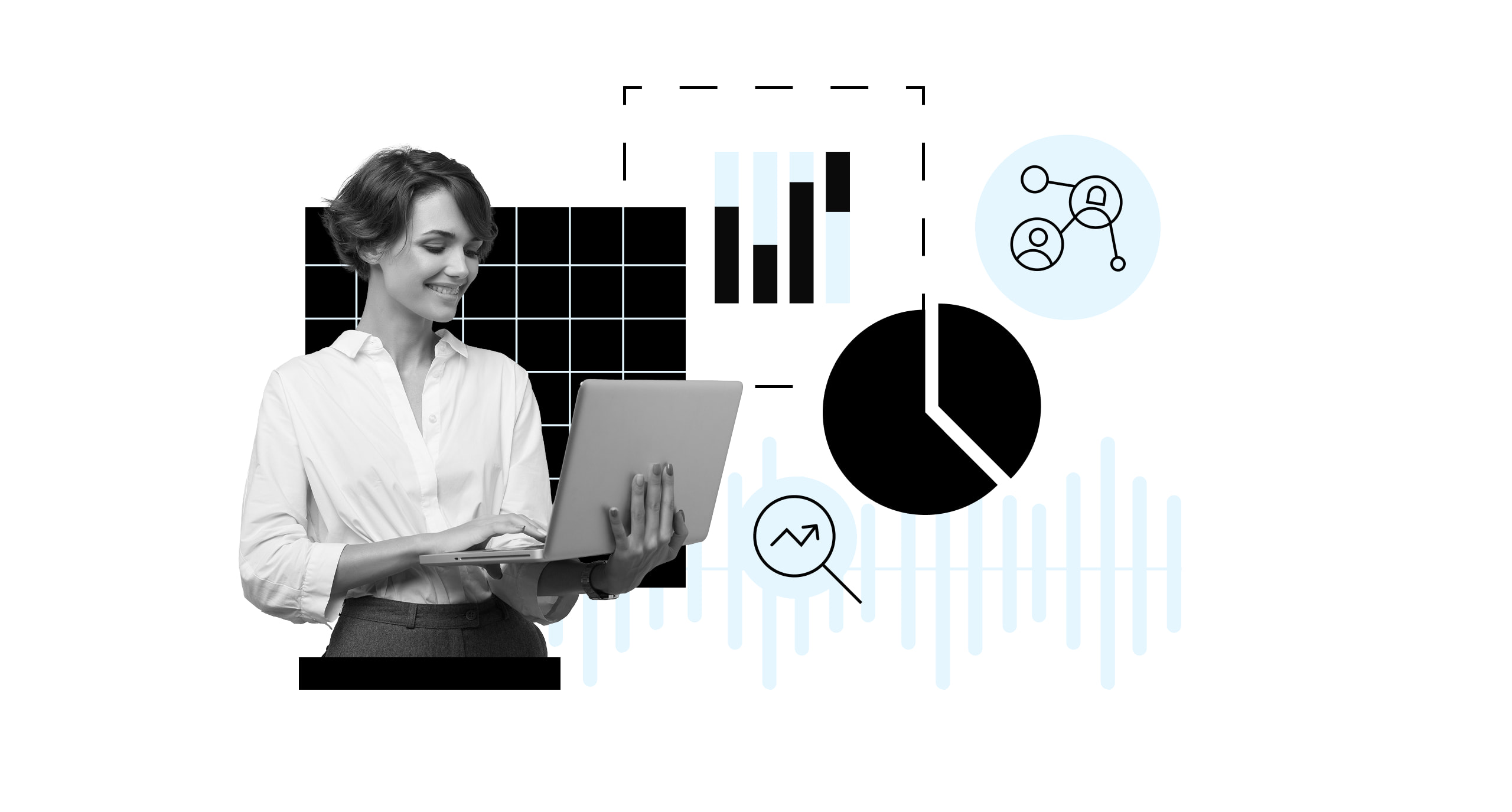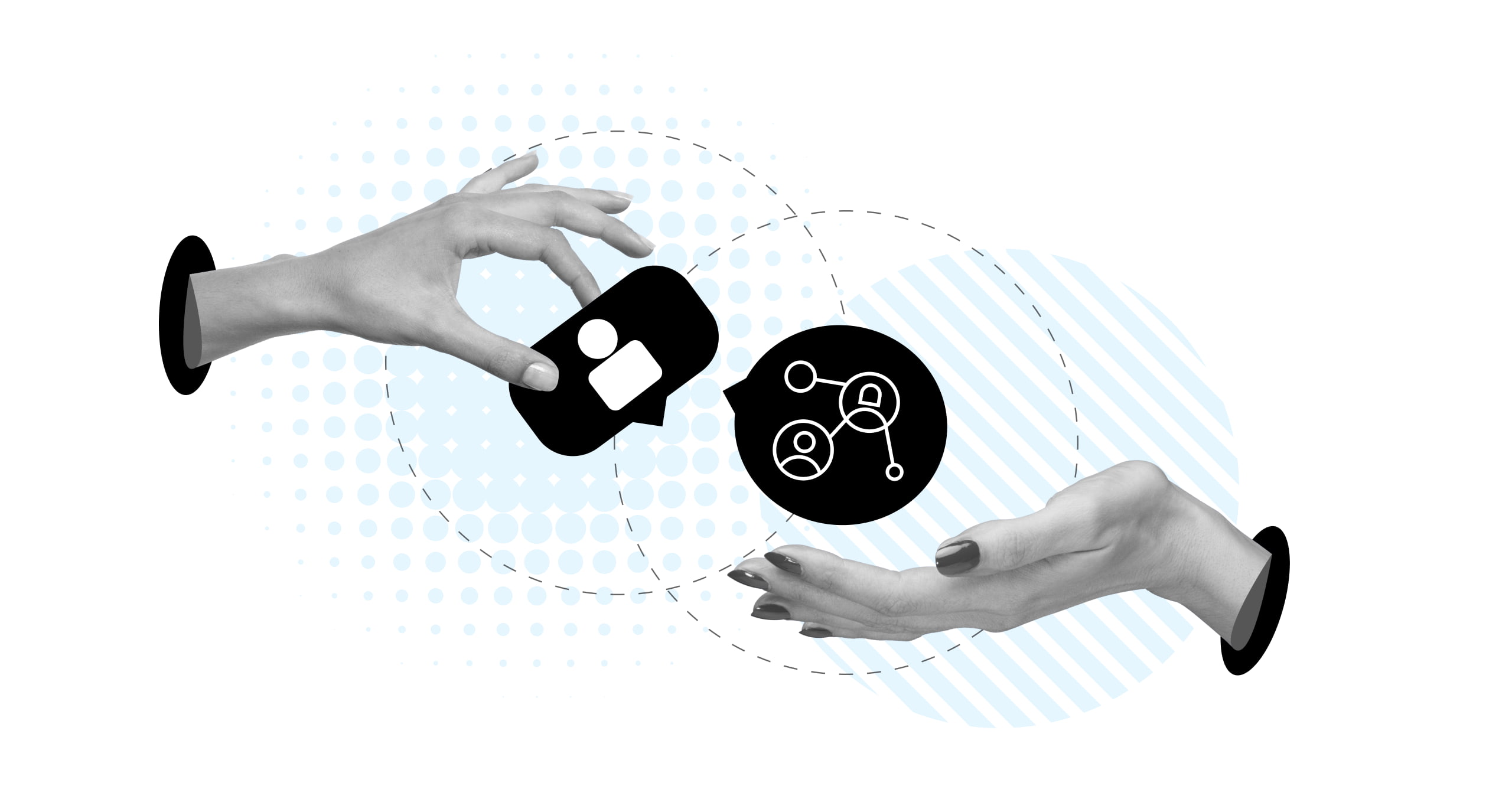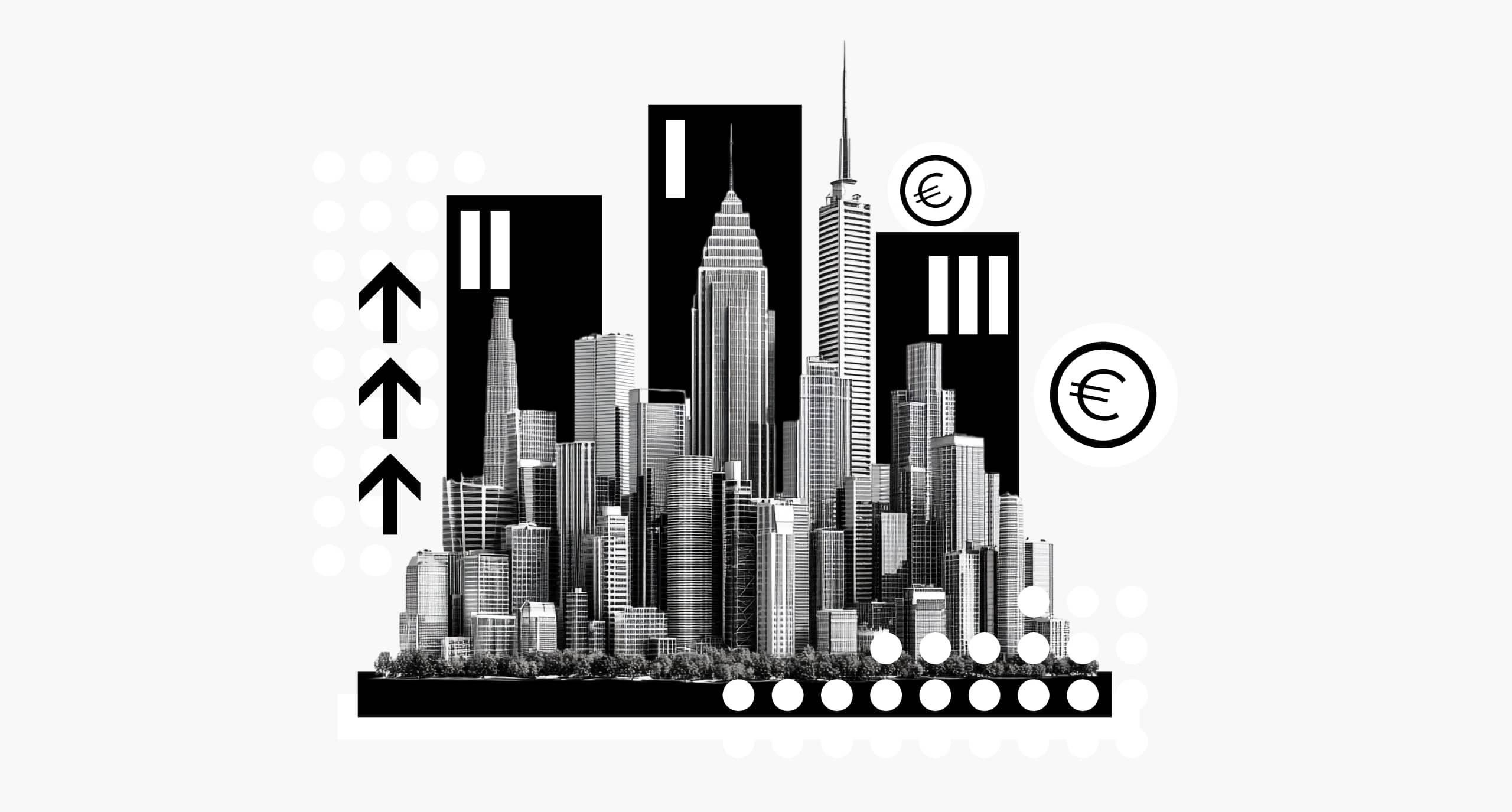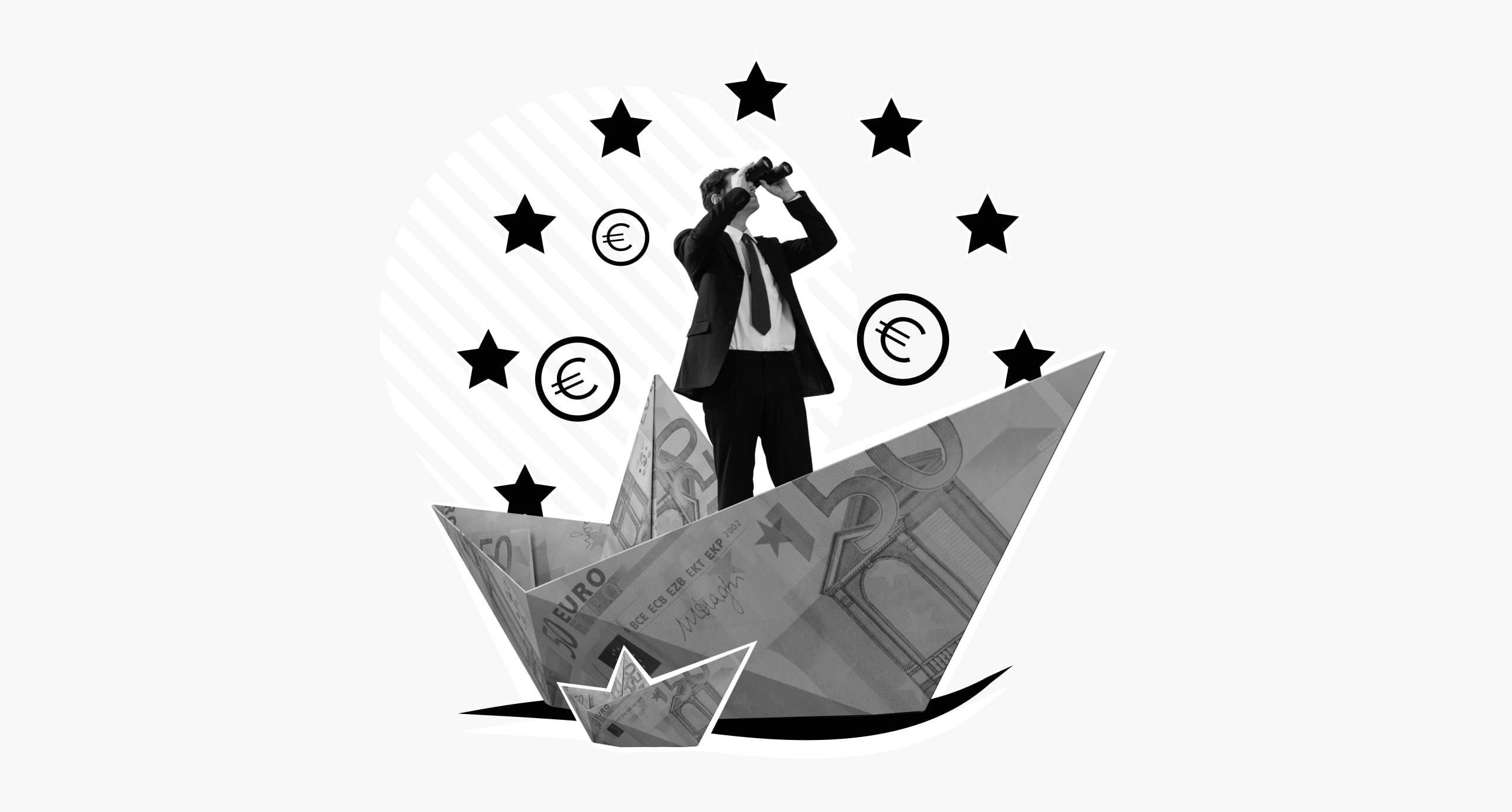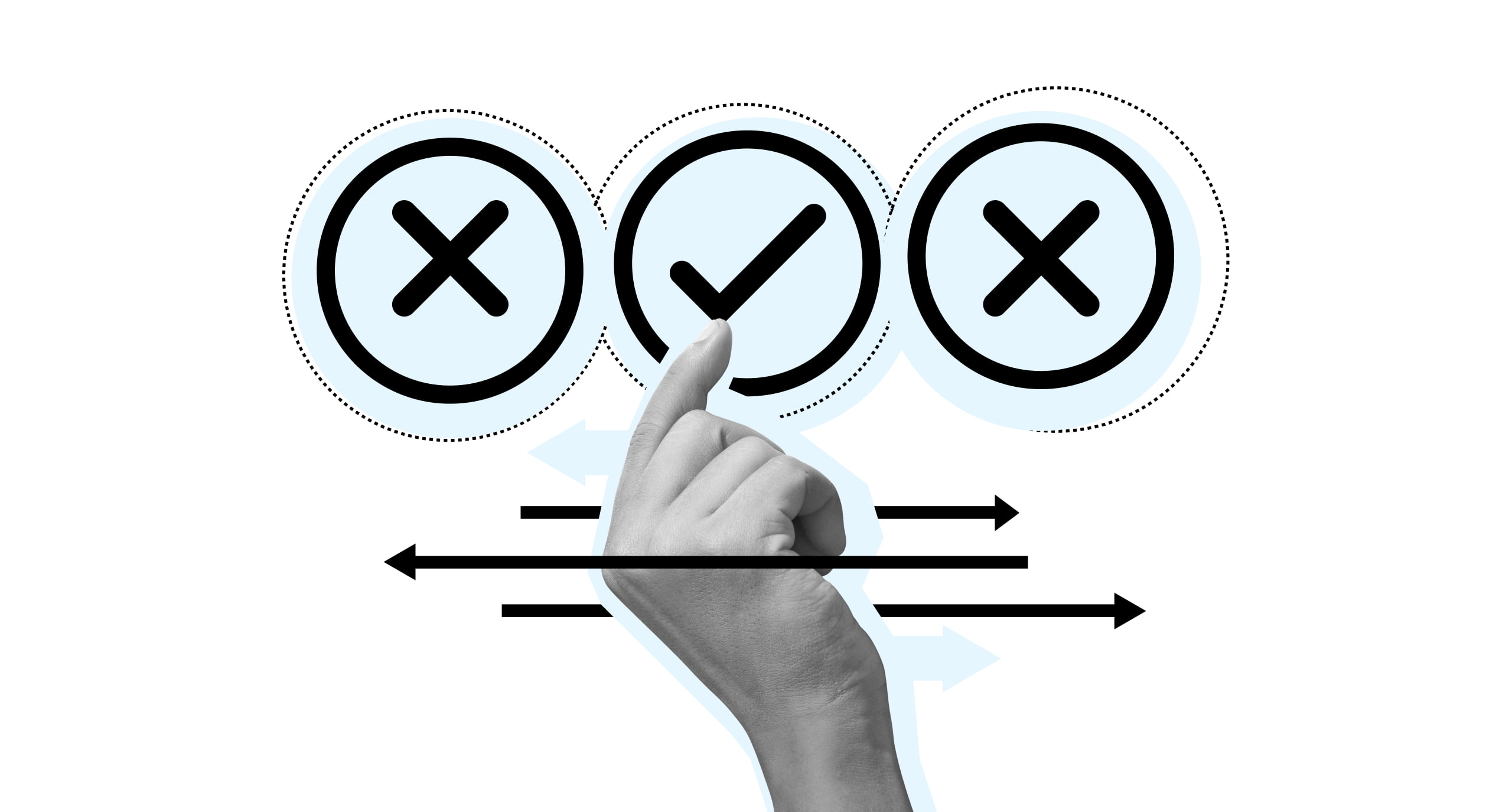Are you considering applying for the Master in Finance but unsure which entrance exam is right for you? At IE Business School, we accept a number of tests, alongside a holistic assessment of a candidate’s profile paired with academic excellence. A key part of the process is the entrance exam. With three options—the GMAT, the CFA or the CAIA—you’ve got plenty of choice. And while they’re the challenging to prepare for, they open a lot of doors that will help boost your career. but there’s a lot to take into account in choosing the one that best suits your profile and situation.
Read on for essential information about each exam and read tips from Paloma Aparicio, Associate Director & Financial Discovery Advisor from our Talent & Careers team.
Graduate Management Admission Test (GMAT)
The GMAT is a standardized entrance exam used by many of the top business schools around the world. It’s a great starting point if you’re interested in pursuing our Master in Finance.
The exam is two hours and 15 minutes long and consists of 64 questions. There are three sections to the exam:
Quantitative Reasoning – This section covers arithmetic, basic algebra and data analysis, testing your ability to solve problems using logic and quantitative skills.
Verbal Reasoning – Includes critical reasoning, reading comprehension and sentence correction. This section tests your ability to read and understand written material and evaluate arguments.
Data Insights – The final section requires you to analyze data from multiple sources. It includes tasks such as table analysis and interpretation of graphics.
Preparation for the exam involves learning the structure and format of the exam, taking practice exams, and then reviewing your performance to help you improve for next time.

We provide a free test simulation with three different options: a 15-question micro test that gives you an initial feel for the test; a 32-question mini test that gives you a rough score; and a full, 64-question test with a best score estimation.
Your score is valid for five years. The maximum score available on the GMAT is 805. As a prospective candidate for our Master in Finance, it’s good to bear in mind that 80% of our students have scores between 625 and 755.
Tips for success: You’re not allowed a calculator in the Quantitative Reasoning section, so work on your mental arithmetic. You can decide the order in which you complete the three sections, so work out the best order for you while you’re practicing. And remember you can’t skip or come back to questions, so make educated guesses if you’re unsure—without wasting valuable time.
Chartered Financial Analyst (CFA) Level 1
The CFA Level 1 is a highly respected finance credential offered by the CFA Institute. The exam consists of 180 multiple-choice questions, each consisting of either a question with three unique options, or part of a sentence with three options for its completion. You take the exam over two 135-minute sessions and covers a range of topics, including ethical and professional standards, financial statements analysis, equity investments, portfolio management and fixed income.
Preparing for the exam requires a high level of commitment, so it’s crucial to ensure you have the time needed to study. Once you secure it, this lifetime credential opens doors to a wide range of finance roles—and you could later go on to study for Levels 2 and 3 to enhance your knowledge and profile even further.
Tips for success: A wide range of topics are covered, so aim for basic mastery across all topics. Prioritize ethics—it’s a heavily weighted topic compared to others, so it can make a difference overall. Ethics also feature heavily in Levels 2 and 3, so a strong grasp of the subject will help you if you move onto the higher levels. Also, be sure to practice against the clock to give you a realistic idea of how the exam will be.
“Preparing for high-stakes exams like the CFA or GMAT can be emotionally challenging, so it’s essential to first normalize the stress—feeling overwhelmed is a shared experience, not a personal failing,” Paloma Aparicio.
Key resources for preparing the CFA
Paloma recommends the following platforms when preparing for the CFA:
How to Prepare for the CFA Exam – CFA Study Tips and Tricks
CFA Level 1 6-Month Study Guide – Kaplan Schweser
CFA® Exam Stress: Tips to Manage and Overcome It
However, she also emphasizes the importance of staying grounded throughout the preparation process: “It’s critical to reshape how you perceive setbacks. Mock exam disappointments should be treated as learning opportunities, not indictments of your potential.”
Reframing failure with a growth mindset can transform stress into motivation.

“Another key stressor is the tendency to compare oneself with others, particularly in social media or competitive peer circles; this comparison often breeds self-doubt rather than inspiration. Tracking your own progress privately and staying connected with supportive people (study partners, friends, or family) helps maintain perspective.”
Chartered Alternative Investment Analyst (CAIA) Level 1
The CAIA credential is offered by the CAIA Association. It focuses on alternative investments like private equity and hedge funds, so it could be a good choice if you’re looking to pursue a career in this area.
The exam is four hours long and consists of 200 multiple-choice questions that cover topics including real assets, hedge funds, private equity and digital assets. You’ll need a minimum of 200 hours of study time to prepare for the exam.
While the lesser known of the three entrance exams, the CAIA credential is increasing in recognition—particularly within asset and wealth management, sectors that are showing significant global growth.
Tips for success: Get to know the curriculum well so that you know what’s expected of you. The two highest-weighted topics are Introduction to Alternative Investments and Professional Standards and Ethics—between them, they can make up more than half of the exam, so they’re essential study areas.
GMAT or CFA: What’s your top choice when applying for business school?
Of the three possible entrance exams for the Master in Finance, the GMAT and the CFA are by far the most popular choices among our students—in our current intake, 100% of students took one of these two exams. Let’s look at some of the key differences between the GMAT and the CFA to help you narrow down your choice:
| GMAT | CFA | |
| Career alignment | General business roles, investment banking, corporate finance, consulting | A broad range of finance and investment roles, e.g., portfolio management, financial analysis, asset management |
| Broad vs. specialized recognition | Broad international business recognition | More specialized finance recognition |
| Type of test | Adaptive, tests reasoning at speed and your ability to evaluate information presented in different formats | More knowledge-based, and tests your ability to apply tools and concepts |
| Recommended study time | 100-150 hours | 300+ hours |
| Exam date frequency | High frequency, global locations and online | Four times per year, global locations |
If you’re still unsure about your specific future goals, the GMAT is probably the best option when applying for business school since it allows you to keep your options open. If you’re certain about a career in finance, the CFA is a highly respected qualification that shows your commitment to the sector.
How to beat exam stress
As exam dates look, it’s easy to get stressed. But Paloma has a few tips to stop the work from getting on top of you: “Candidates benefit greatly from breaking their preparation into manageable phases: building foundational knowledge, practicing under timed conditions, and refining specific weaknesses.”
This phased approach creates a sense of structure and progress, helping to reduce anxiety.

“Incorporating daily wellness habits like consistent sleep, regular exercise, balanced nutrition and strategic breaks significantly boosts both mental performance and emotional resilience. Furthermore, test preparation should include techniques for emotional regulation, practices like deep breathing, journaling or short daily meditations. These offer grounding moments that help candidates stay focused and reduce panic when the pressure builds.”
The Master in Finance: for tomorrow’s finance leaders
The Master of Finance at IE Business School is a dynamic and hands-on program that will deepen your expertise. Guided by our expert faculty, the program will give you a holistic overview of finance. You’ll blend theoretical knowledge and technical skills to find future success.
Looking to launch your finance career? Our program can open up a wide range of opportunities and help you thrive in today’s fast-changing market. Not only that, you’ll also gain access to a diverse and extensive global network of peers and professionals.
Find out more about the admissions process here and take the first step toward your Next Best You.
Consider applying for business school today
Make the Master in Finance your choice for a transformative education.

Benjamin is the editor of Uncover IE. His writing is featured in the LAMDA Verse and Prose Anthology Vol. 19, The Primer and Moonflake Press. Benjamin provided translation for “FalseStuff: La Muerte de las Musas”, winner of Best Theatre Show at the Max Awards 2024.
Benjamin was shortlisted for the Bristol Old Vic Open Sessions 2016 and the Alpine Fellowship Writing Prize 2023.

